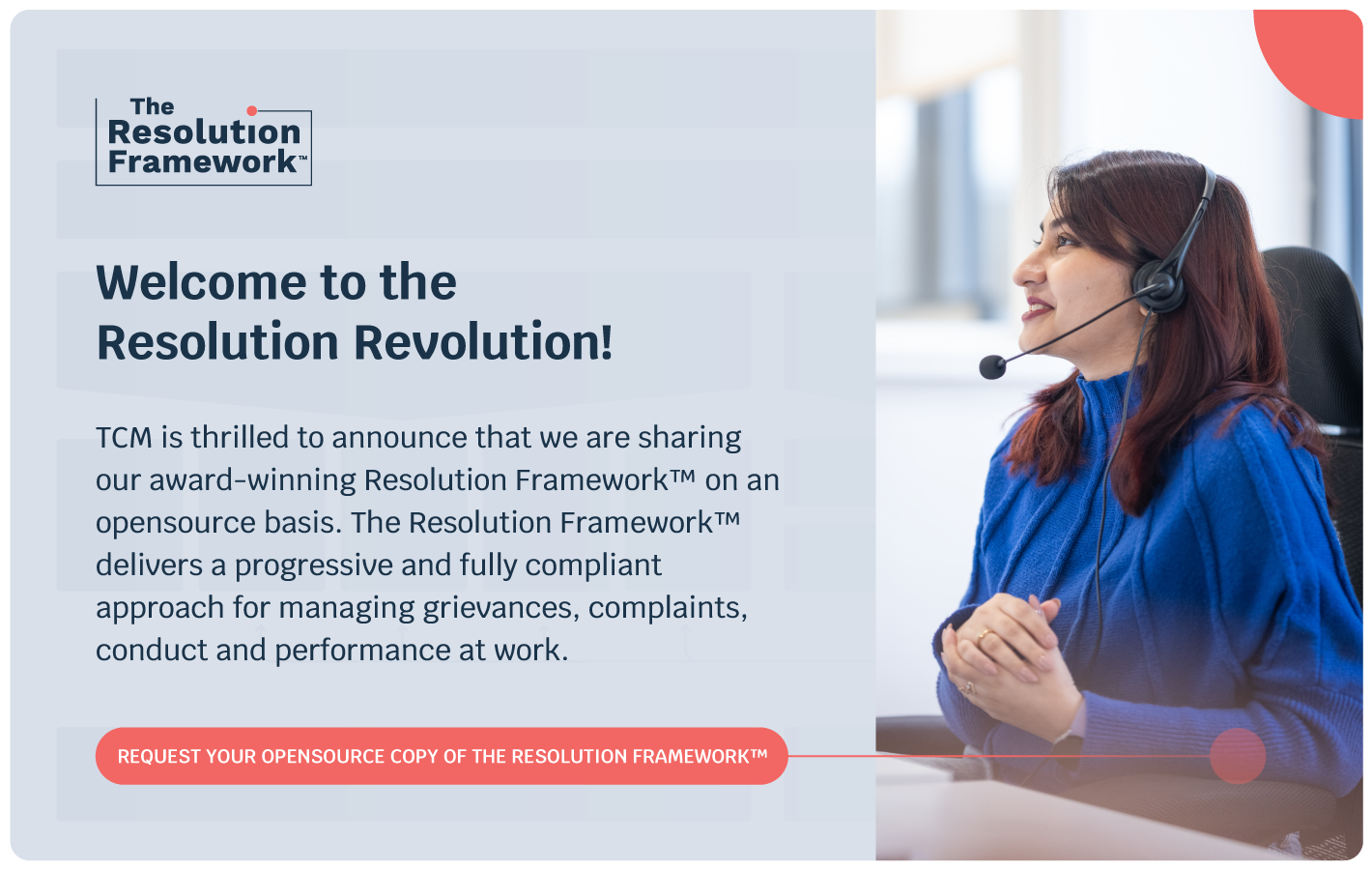
Share article:
Tags:
Alternative HR strategies in regard to workplace conflict and disputes offer a host of benefits in comparison to traditional approaches. Global research and statistics starkly illustrate the impact that conflict has on modern workplaces. For instance, consider that:
- A recent study estimated that employees in the United States spend approximately 2.8 hours per week dealing with conflict, which translates to approximately $359 billion in paid hours annually.
- The Society for Human Resource Management (SHRM) estimates that the cost of replacing an employee can range from 50% to 60% of their annual salary for entry-level positions and up to 400% of their annual salary for high-level or specialized positions.
- Estimates suggest that the cost of absenteeism due to workplace conflict can range from $2,000 to $8,000 per employee per year.
- A study published in the Journal of Occupational and Environmental Medicine, healthcare costs are 200% higher for employees reporting high levels of stress compared to those with low levels of stress.
Alternative HR strategies which utilise dispute resolution methods, such as mediation, arbitration, negotiation, and conciliation, have been increasingly utilized by organizations worldwide. This is partly due to the rising costs and time associated with traditional litigation processes.
While these statistics provide insight into some of the financial impacts of workplace conflict, it’s essential to recognise that the true cost goes beyond these considerations. Workplace conflict can also have intangible costs such as decreased morale, damaged relationships, and a toxic work environment, all of which can have long-lasting effects on an organisation’s culture and success.
Alternative dispute resolution typically provides benefits for both employers and employees. For employers it affords greater confidentiality compared to traditional processes, which can be particularly important for organisations concerned about protecting sensitive information or maintaining their reputation. While for employees it can help to reduce the stress and anxiety inherent of workplace conflict by providing less formal routes to resolution.
Another benefit to alternative HR strategies is that alternative approaches often allow parties to have greater input on the dispute resolution process. They are given more control over the scheduling, location, and format of the proceedings. Generally speaking, ADR is less formal and adversarial than litigation, which can increase the likelihood of repairing working relationships.
Finally, alternative dispute resolution processes are often much more efficient than going through formal processes. Instances of formal litigation can in extreme cases take years to resolve and of course be exceptionally costly. Contrastingly, an ADR method, such as mediation via our FAIR model can lead to resolution in as little as a day.
Overall, the benefits of alternative HR strategies regarding dispute resolution include cost savings, efficiency, flexibility, confidentiality, preservation of relationships, and greater control over the resolution process. These advantages make alternative dispute resolution an attractive option for individuals and organizations.
Explore our alternative HR strategy – The Resolution Framework here.










